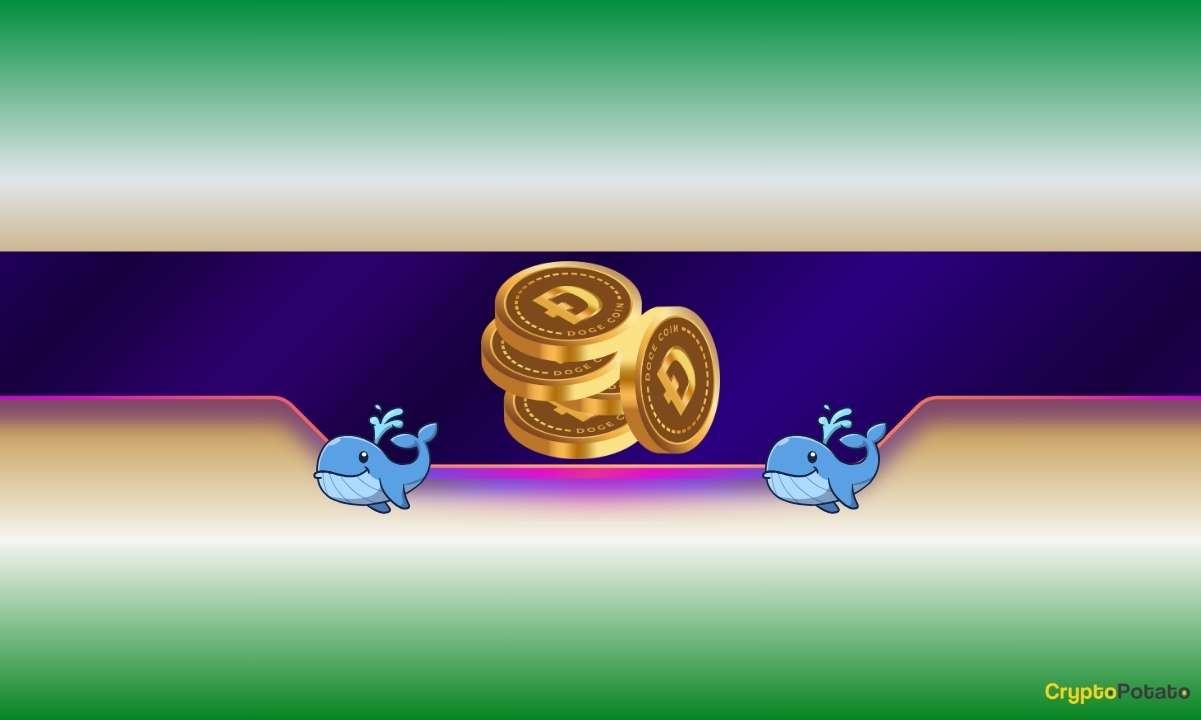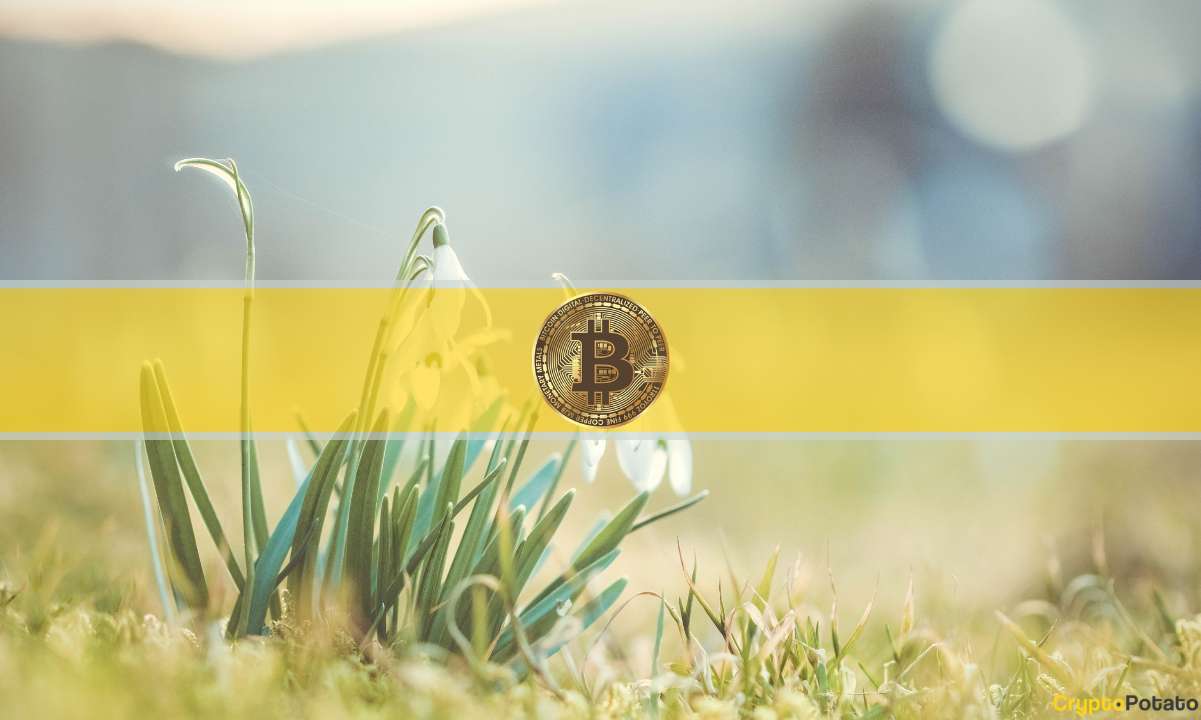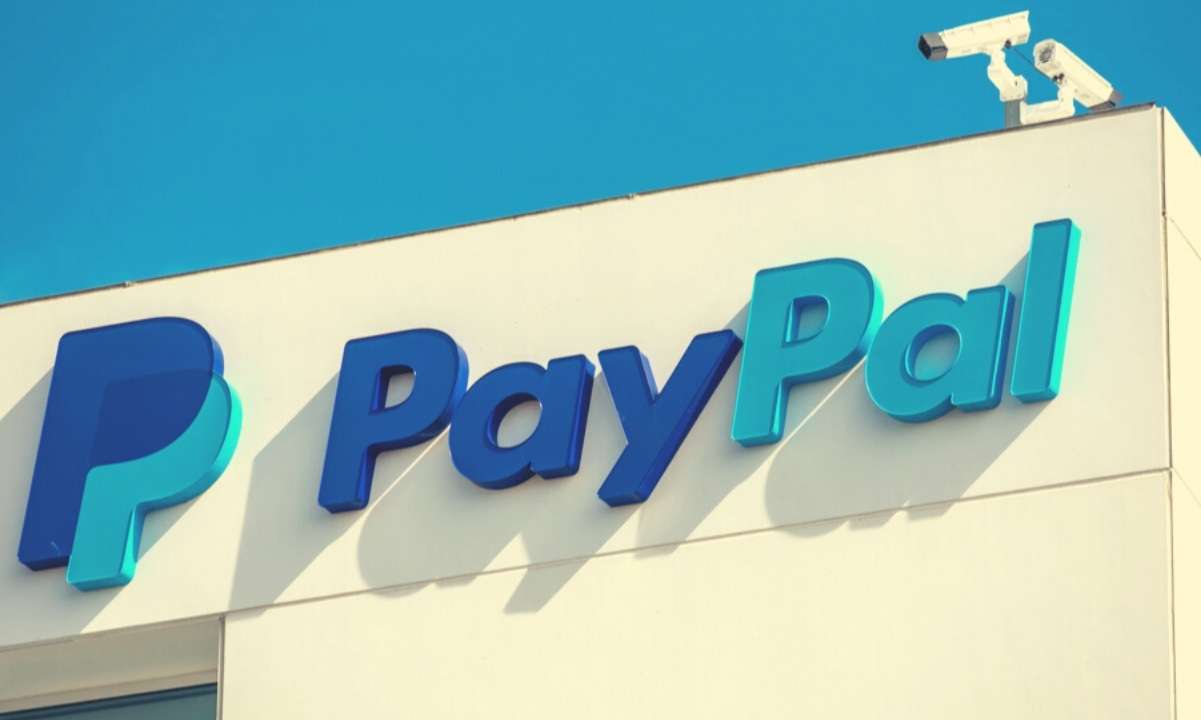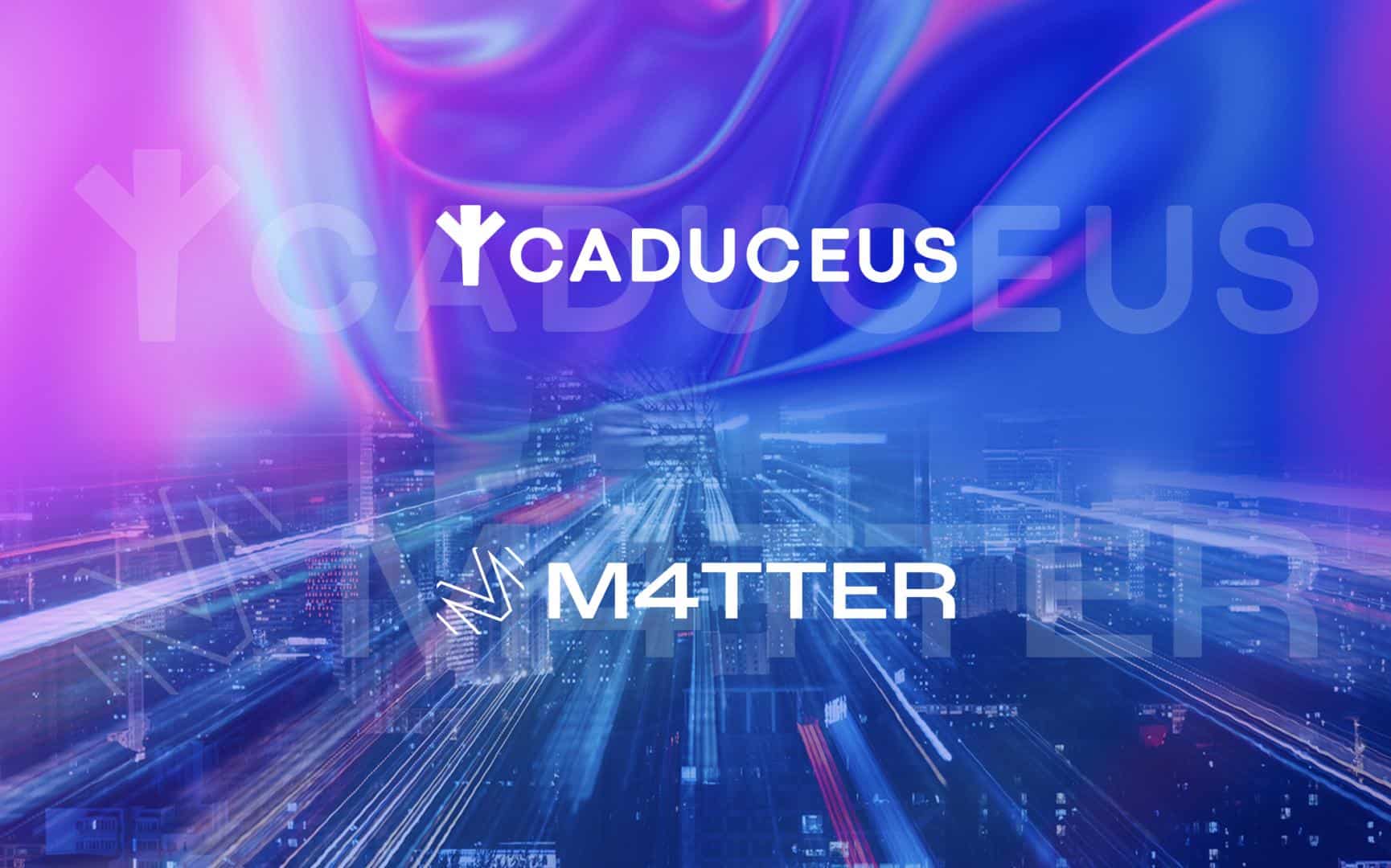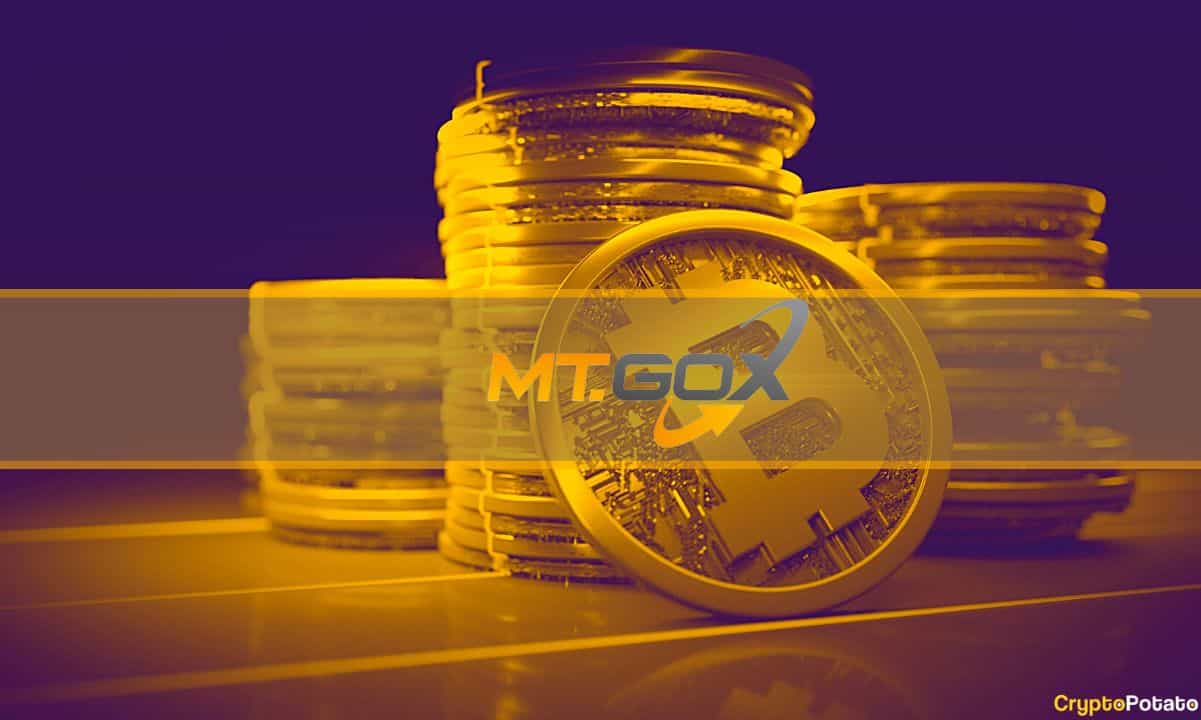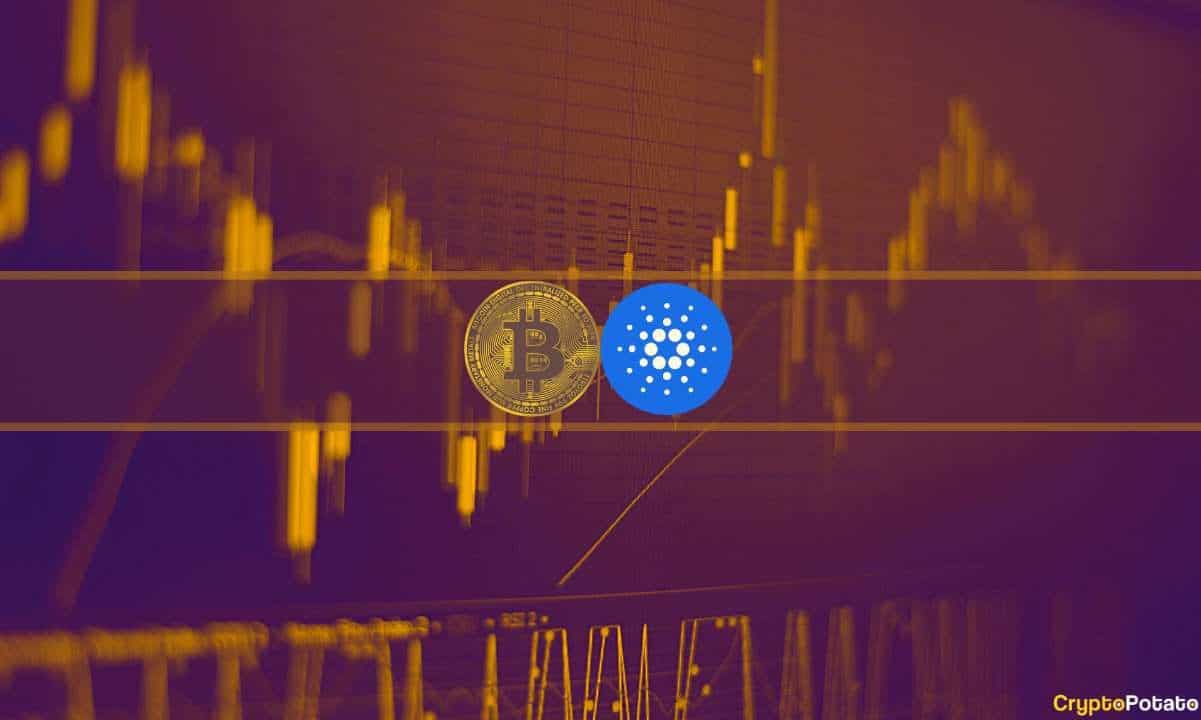How To Explain Bitcoin Transactions To Your Grandma?
Bitcoin, or any sort of cryptocurrency, is the latest head scratcher for many, young and old alike. It’s not just your grandma who’d struggle to understand Bitcoin as the market is still considered to be in its early stages, with some saying it’s like the internet was in 1994.
Luckily, we’ve designed this article precisely to explain the relevant jargon in terms anyone can understand, building on what you would already know about the way money works in the world: simply put, Bitcoin is a new form of currency and currency exchange.
A New Form of Currency? Why?
Good question, hypothetical grandma. Bitcoin is a universal, fully digital, and completely decentralized currency that removes the need for the middleman that we’ve come to know either in the form of a bank or government – even PayPal, or the likes that are ultimately similar in the role.
Their removal makes Bitcoin a form of currency exchange that is fast, inexpensive, and not prone to the usual ups and downs of our outdated financial system as it currently stands. With Bitcoin, there’s no need for executives with large salaries, huge buildings, and teams of lawyers that they fund on the backs of your fees and taxpayer-led bailouts.
There’s also no limit or restriction on how you can earn, spend, or access this money, and you can send or receive it instantly and with complete control.
What If There’s A Virus On My Computer And Someone Copy-Pastes my Bitcoin?
Bitcoin payments are famous for being safe due to their anonymous nature and lack of personally-identifying information.
Still, the use of a VPN (Virtual Private Network) is of paramount importance, especially over public Wi-Fi, since not only does a VPN make your network more secure, it also anonymizes your online activity. A VPN is a contingency plan to keep your Bitcoin safe.
Bitcoin in itself is anonymous, and there’s no powers-that-be that can stop it, but there’s another context that your own money would exist in. This means a brute force attack or the like could be used against you with your identity being ascertained using your data stream or the unencrypted key for your Bitcoin, since all this could be present on your system and be hacked into without a VPN being used – in fact, this is what led to the eventual arrest of the man behind the infamous drug-laundering Silk Road.
Other than your own Bitcoin public address being used to identify you or the loss of your Bitcoin private key, Bitcoin money in itself is indestructible.
But Who Prints These Bitcoins, And Where?
Bitcoin is completely digital. Instead of being printed, they are mined, on something called the blockchain.
The blockchain is the cool part – you never actually physically store your Bitcoins on your digital wallet (computer, phone, whatever). The Bitcoins are recorded on the blockchain itself, and your wallet is essentially a proof of your ownership as it has all the designated hashes of the Bitcoins you own.
Wait, So It’s Mined Like Gold? Bitcoin Is Physical, After All!
No, grandma. The blockchain is the ledger that keeps a record of all Bitcoins currently available. This removes the need for a bank to verify ownership, harnessing the processing power of the Internet and the community.
The miners are the heart of the solution. They mine Bitcoins in that they bundle and process the transactions currently happening, like accountants in a bank or business.
What makes Bitcoin revolutionary, however, is that the miners are paid in Bitcoin itself for each block they mine – in fact, what they’re paid are new Bitcoins freshly generated by the system, and this is how Bitcoin grows as a commodity!
This is also why the Bitcoin Blockchain is finite since miners compete to add the next block. New Bitcoin is released every ten minutes and miners compete to earn them; hence the number of Bitcoin has been fixed at 21 million. It is estimated this process will complete in the year 2140, after which no new Bitcoin will be produced, only sold and bought and exchanged and traded.
Wait, So What About Counterfeit Bitcoin?
You might be beginning to understand why people call Bitcoin a revolutionary concept. However, we’ve barely scratched the surface: Bitcoin has actually solved the Double Spend Problem, something that arose in the 90’s with the advent of digital currency. Simply put, the Double Spend Problem is the fear of a digital currency being spent twice since it’s not a physically-verifiable commodity.
Hackers have been trying to get at Bitcoin and double-spend with it for years and have achieved success – in proving how difficult it is, with most of the cases actually being cautionary tales of people failing to protect their Bitcoin with the appropriate safety measures themselves (encryption, VPN, so on).
The aforementioned blockchain makes all the transactions and the related accounts public (but without attaching personal details to them that would reveal private information) – with this, it would be obvious if someone used the same money twice, and digitally checking to see if the same Bitcoin has been spent twice is easily preventable since it’s easily discover-able. The whole process is simple and automatic with each Bitcoin publicly displayed in its receiver’s accounts.
I’m On Board With Bitcoin. Summarize The Benefits For Me.
As we’ve mentioned, again and again, it’s decentralized – it takes the power away from institutions such as the government and banks. It makes Bitcoin itself powerful since there’s no way to reject your application, charge you hidden fees, and whatever a bank can usually do: everyone knows a horror story or two of their own.
It’s universal and without any exclusion: all you need is a smartphone and the Internet. No mortgage or credit score or all those fancy “entry fees”.
No counterfeiting – which also means no need to spend on fraud prevention and credit card security or the likes.
Limited supply means devaluing the currency can be made impossible, unlike how governments can just print more money to get out of a tight spot. The value of Bitcoin is projected to only rise with time.
Bitcoin can be spent in amounts up to 8 decimal places, meaning very small payments or micro transactions are now possible. A dollar or a cent isn’t divisible in the same way. For example, imagine paying a few cents for accessing a part of a certain resource – even a sentence! – of something like a scientific journal, as opposed to subscribing to the whole thing just for one article.
Lastly, there’s a reason you know of Bitcoin as cryptocurrency. It uses complex codes and math equations and combinations for protection and is virtually impervious to hacking. Never before has the sending or receiving money been more accurate, anonymous, and secure.
The post How To Explain Bitcoin Transactions To Your Grandma? appeared first on CryptoPotato.

